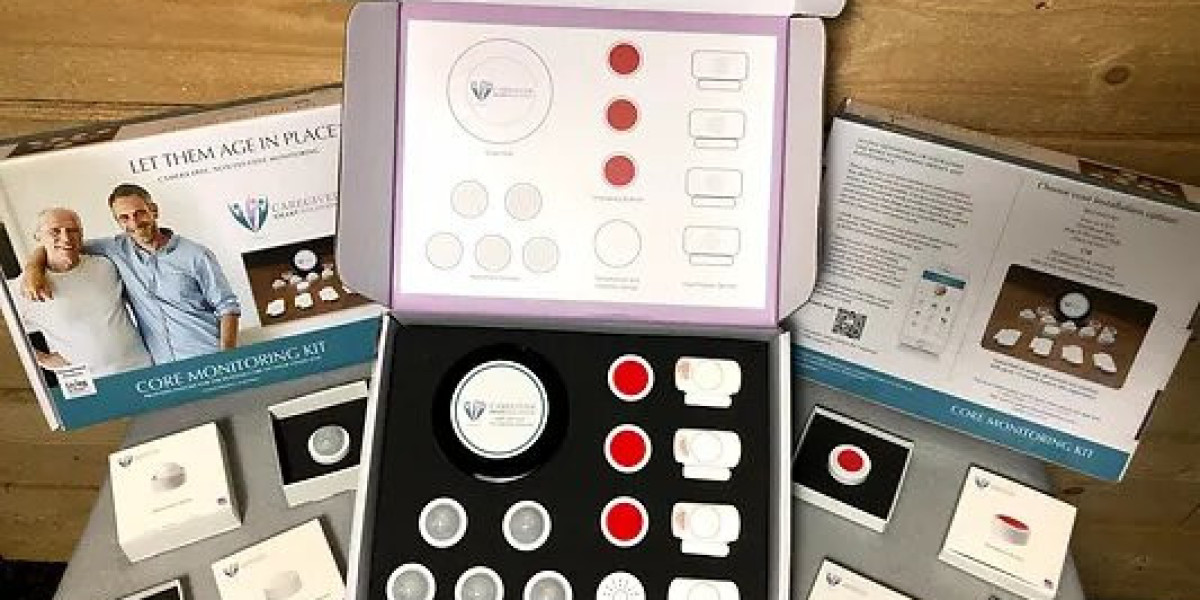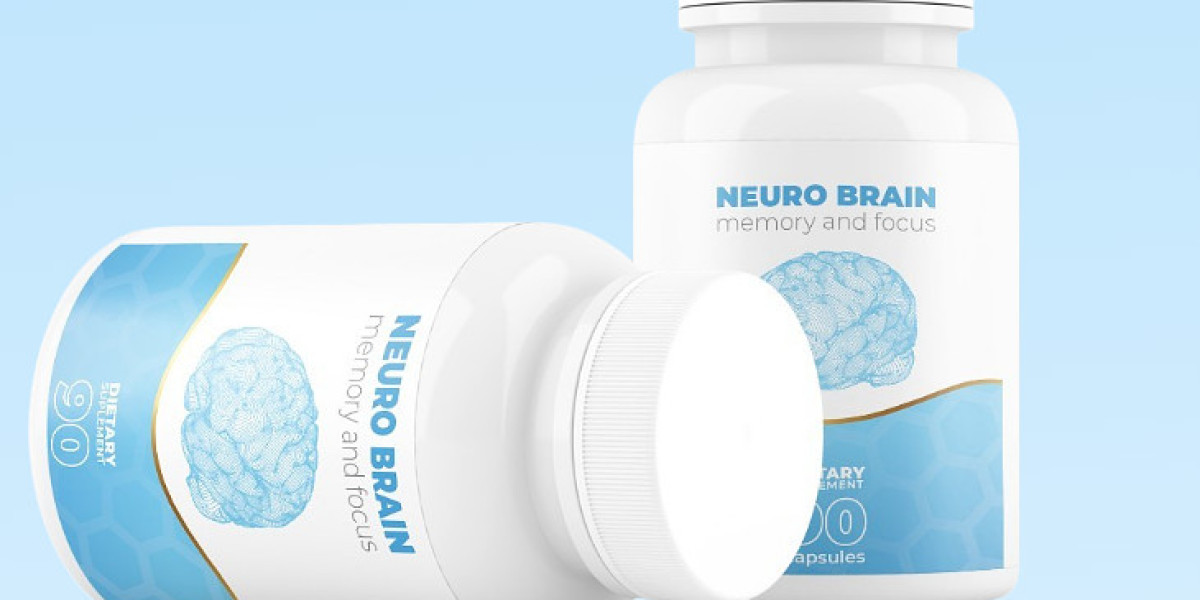With advancements in health technology, health monitoring devices for seniors are transforming the way older adults manage their wellness. These devices track vital signs, monitor chronic conditions, and provide data to caregivers and family members, all while enabling seniors to maintain independence. By making health information readily accessible, health monitoring devices for seniors allow for better health management, timely intervention, and peace of mind for families.
1. What Are Health Monitoring Devices for Seniors?
Health monitoring devices for seniors include a range of technologies designed to track health metrics and vital signs to assist in managing chronic conditions, detecting early warning signs, and supporting overall wellness. These devices are especially beneficial for seniors who wish to age in place or require regular monitoring without constant in-person care.
Key Types of Health Monitoring Devices for Seniors:
- Wearable Fitness Trackers: Monitor activity levels, heart rate, and sometimes oxygen saturation.
- Blood Pressure Monitors: Measure and record blood pressure readings.
- Blood Glucose Monitors: Essential for seniors managing diabetes, providing accurate blood sugar levels.
- Smartwatches with Health Features: Include capabilities for fall detection, ECG monitoring, and even reminders to take medications.
- Remote Patient Monitoring (RPM) Systems: Comprehensive systems that collect various health metrics and send them to healthcare providers.
2. Uses of Health Monitoring Devices for Seniors
Health monitoring devices for seniors are utilized in a variety of ways to enhance safety, manage chronic conditions, and improve overall quality of life. These devices can be especially valuable in identifying health changes early on, potentially preventing hospitalizations or serious complications.
Common Uses:
- Vital Sign Tracking: Monitors metrics like heart rate, blood pressure, and blood oxygen to identify irregularities early.
- Chronic Condition Management: Devices like blood glucose monitors help seniors manage conditions such as diabetes from home.
- Activity and Sleep Tracking: Fitness trackers monitor daily activity, step count, and sleep quality, encouraging seniors to stay active and aware of their health routines.
- Medication Reminders: Smart devices often come with features that remind seniors to take their medications on time.
- Fall Detection: Some advanced health monitoring devices can detect falls and automatically alert caregivers or emergency responders.
3. Benefits of Health Monitoring Devices for Seniors
Improved Health Management
With health monitoring devices for seniors, users can track their health metrics regularly, allowing them to make informed decisions and manage chronic conditions more effectively. Blood pressure monitors and blood glucose meters provide data seniors can share with healthcare providers to ensure treatment plans are effective.







